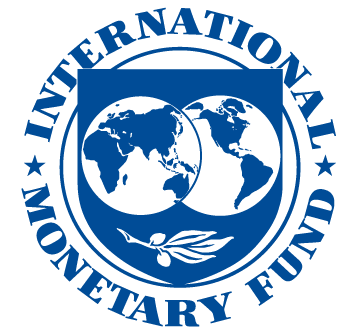
The International Monetary Fund (IMF) has projected a 4.25 percent growth for Dominica in 2025, noting that the country’s GDP expanded by 3.5 percent in 2024.
In its Staff Concluding Statement of the 2025 Article IV Mission, conducted from March 24-April 3, the IMF attributed the 2024 growth to a rebound in tourism and targeted development investments aimed at strengthening economic capacity and competitiveness. The Fund expects continued momentum in 2025, driven by strategic infrastructure projects designed to boost tourism and transition to geothermal energy.
“Tourism arrivals have surpassed pre-pandemic levels by roughly 32 percent, but the composition has shifted towards cruise visitors over stay overs. The current account (CA) deficit narrowed by 2 percentage points to 32¼ percent of GDP in 2024, reflecting higher tourism receipts,” the report stated.
“Growth is expected to converge towards 2 percent over the longer term, as major capital projects wind down and fiscal consolidation intensifies. The CA balance is projected to improve steadily to its norm by 2028 on the back of increased tourism, a normalization of investment imports, and reduced fuel imports with the rollout of geothermal energy,” the report added.
The IMF report noted that inflation had eased from its 2023 peak of 7 percent, averaging 3.1 percent in 2024.
According to the Fund, fiscal imbalances have narrowed; however, public debt remains elevated and above pre-pandemic levels due to the impacts of successive natural disasters and the economic fallout from the COVID-19 pandemic. The IMF projects that with sustained fiscal efforts, public debt will decline to 69.75 percent of GDP by 2035.
The primary deficit declined to 2 percent of GDP in FY2023/24 and is expected to shift into a modest surplus of 0.1 percent of GDP in FY2024/25, largely due to recent tax reforms, including increased excise duties on sugary drinks, alcohol, tobacco and diesel.
The Fund assessed Dominica’s financial system as stable and liquid. However, it noted a continued decline in bank credit since 2023, citing ongoing de-risking and balance sheet constraints. In contrast, credit unions have rapidly expanded their lending portfolios and now account for 53 percent of total private sector credit. The IMF called for modernization of regulatory frameworks to address supervisory gaps and ensure financial sector stability.
To further reduce economic imbalances and debt vulnerabilities, the IMF recommended an ambitious fiscal consolidation strategy. This includes broadening the revenue base and streamlining expenditures while maintaining essential social and economic investments to support resilient growth. Proposed measures include adjusting VAT rates to improve yield, rationalizing tax incentives to reduce leakage, introducing levies on tourism and highways, implementing a solid waste management fee and enhancing tax administration and compliance.
The IMF also underscored the importance of improving the sustainability of social protection programmes as a critical element of fiscal adjustment, ensuring both social inclusion and long-term resilience.





